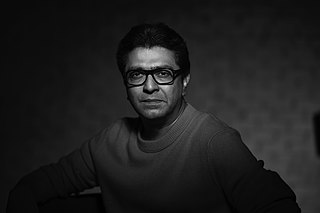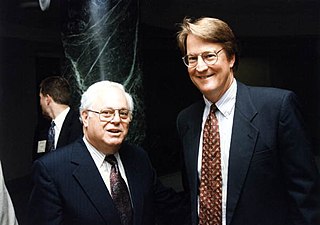A Quote by A. P. J. Abdul Kalam
One of the more difficult tasks for me as president was to decide on the issue of confirming capital punishment awarded by courts... to my surprise... almost all cases which were pending had a social and economic bias.
Related Quotes
The issue is not whether there are horrible cases where the penalty seems "right". The real question is whether we will ever design a capital system that reaches only the "right" cases, without dragging in the wrong cases, cases of innocence or cases where death is not proportionate punishment. Slowly, even reluctantly, I have realized the answer to that question is no- we will never get it right.
All three of the leaders looked like they were surprised to be asked about housing. And really none of them had anything interesting to say. And so this is something we need to push hard on to ensure that they understand that our housing crisis is really a major economic issue. It's not a social issue; it's an economic issue.
I think the other side of this is in this balance between the social state and the punishing state, remember, the social state has been decimated. And the question becomes, how is finance capital, how does the 1 percent now resort to governing? And they govern basically through a form of lawlessness and what I call the punishing state, in which we've had a punishment creep, and now it moves from the prison to almost every institution in society, from airports to schools to social services.
We have a legal system, and this is not something that happens all the time. We have capital punishment. America has capital punishment. Iran has capital punishment. Iran hangs people and leaves their bodies hanging on cranes. Iran put to death more than a thousand people last year. I don't see EU reporting on it.
Whoever imposes severe punishment becomes repulsive to the people; while he who awards mild punishment becomes contemptible. But whoever imposes punishment as deserved becomes respectable. For punishment when awarded with due consideration, makes the people devoted to righteousness and to works productive of wealth and enjoyment; while punishment, when ill-awarded under the influence of greed and anger or owing to ignorance, excites fury even among hermits and ascetics dwelling in forests, not to speak of householders.
I have been brought up in a culture where capital punishment is indeed anathema. I have always thought of myself as a principled opponent to capital punishment. However, when thinking about how the topic is handled in other cultures, in particular the American, Russian and Chinese ones, I have realised that my own tack on the issue was utterly superficial.
Embracing a certain quotient of racial bias and discrimination against the poor is an inexorable aspect of supporting capital punishment. This is an immoral condition that makes rejecting the death penalty on moral grounds not only defensible but necessary for those who refuse to accept unequal or unjust administration of punishment.
Even before his detention, my father was fighting many cases. He remained in jail in Multan. He remained in jail in Bannu. But we were not allowed to go see him there. We always saw him in courts. So for me, the courts were a place where you dressed up to see your father. It had a very nice feeling to it.
We all have cultural bias, racial bias. One of the difficult things around this subject matter is to deny that we have places we go to subconsciously, and unless you consciously decide that that's wrong and you've got to do something about it, especially if you're in a position of power, it won't change.












































